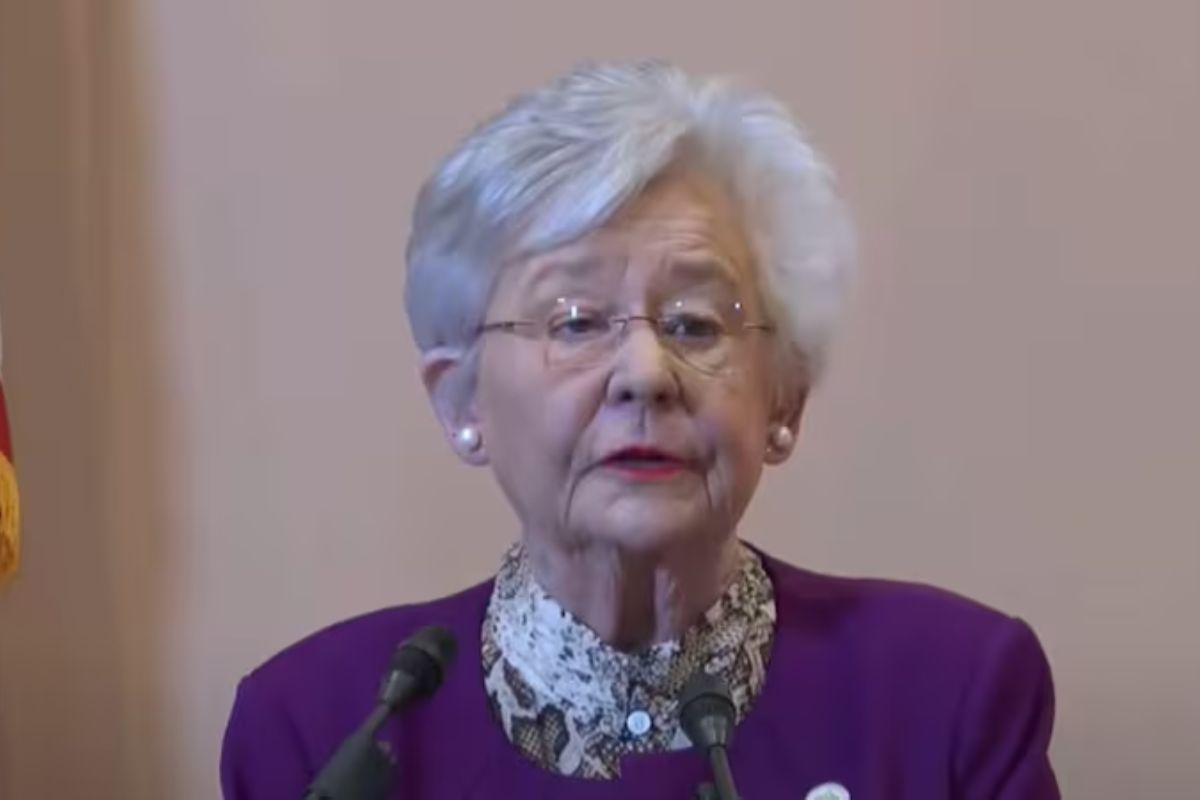Gov. Ivey Signs Bill Parents Rights: Curious about Gov. Ivey signing the bill on parental rights? The law demands clear curriculum uploads and lets parents request instructional material copies. It highlights the significance of parental involvement and enhances transparency in education.
This empowers parents to have a say in what their children learn. The bill garners support for parental engagement and aims to improve accountability. It’s a step towards creating a more collaborative learning environment and ensuring parents are informed. Find out more about how this bill enhances parental rights and influences education.
Gov. Kay Ivey Signs Education Bill Requiring Curriculum Transparency
Governor Kay Ivey has signed an education bill that mandates teachers to upload their class curriculum promptly for public K-12 schools. This new law requires teachers to have their curriculum available within 30 days of the school year starting or whenever new or revised curriculum is adopted.
Sponsored by Senate President Pro Tem Greg Reed, R-Jasper, the bill, known as SB48, also includes provisions that establish a complaint process. If a parent or guardian requests copies of instructional material, teachers are compelled to comply. Additionally, parents have the right to file a complaint with the local superintendent if they encounter uncooperative behavior from teachers.
This legislation aims to enhance transparency and ensure that parents have access to the educational materials being used in their children’s classrooms. With this bill in place, there’s a clear framework for guaranteeing that teachers are accountable for providing timely and accessible curriculum information to parents and guardians in public K-12 schools.
Support for Parental Involvement in Education
Encouraging parental involvement in education is essential for fostering student success and creating a collaborative learning environment. Governor Ivey’s recent signing of the ‘parents right to know’ bill in Alabama underscores the importance of parental engagement in their children’s education. This legislation, championed as common sense, aligns with a national trend aiming to empower parents with more influence over educational content.
By emphasizing the critical role parents play in their children’s academic journey, the bill acknowledges that parents are best positioned to make decisions about their child’s learning. This move signifies a commitment to strengthening the partnership between parents and teachers, recognizing that collaboration between home and school is essential for students’ overall development.
Support for parental involvement in education not only ensures that parents are informed about what’s being taught in schools but also highlights the significance of parent-teacher collaboration. The enactment of SB48 reflects a step towards providing parents with the tools and information necessary to actively participate in their child’s educational experience.

ALSO READ: Governor Bans School Diversity Programs: Shocking Move
Debate Surrounding Transparency and Classroom Content
Amidst the push for increased parental rights in education, a contentious debate has emerged regarding transparency and classroom content. Republicans in various states, including Alabama, have been advocating for legislation to guarantee transparency in classroom teachings.
However, critics argue that this could lead to the potential harassment of teachers if parents disagree with the material being presented. The National Review suggested that the primary goal of such legislation is to allow parents to uncover whether topics like critical race theory or gender ideology are being taught in schools.
In Alabama, this could mean parents uncovering the teaching of ‘divisive concepts’ or gender ideology, potentially resulting in censorship within classrooms. The fear is that teachers may self-censor to avoid conflict or scrutiny, ultimately limiting the scope of discussions and education in the classroom.
As the debate continues, it raises questions about the balance between parental rights, educational freedom, and the potential impact on the learning environment.
Implementation and Response
The focus now shifts to how the newly signed parental rights bill will be implemented and the responses it elicits from various stakeholders. The Alabama Republican Party has praised the bill, emphasizing the importance of parental involvement in education. The law, set to take effect on June 1, 2024, will require teachers to provide even more detailed syllabi to guarantee transparency in curriculum content.
- Increased Accountability: The bill aims to promote accountability by granting parents unrestricted access to curriculum and instructional materials. This transparency is seen as essential for fostering trust and collaboration within the education system.
- Impact on Teachers: While many teachers already create syllabi, the new legislation will add to their workload. It remains to be seen how educators will adjust to these additional requirements and whether they’ll face any challenges in complying with the law.
- Parental Empowerment: By giving parents full access to curriculum details, the law empowers them to be more actively involved in their children’s education, aligning with the belief that parents should have a significant role in shaping their child’s learning journey.

News in Brief
Gov. Ivey signs “Parental Right to Know” bill, boosting transparency in education. The law mandates prompt curriculum uploads and allows parents to request instructional material copies. This move empowers parents to influence their children’s learning, enhancing collaboration between home and school.
Sponsored by Sen. Reed, the bill aims to strengthen parental involvement and accountability in public K-12 schools. It requires teachers to upload curriculum within 30 days and establishes a complaint process for uncooperative behavior. Critics fear potential harassment of teachers, but supporters emphasize the importance of parental engagement in education. The law, effective June 1, 2024, seeks to foster trust and collaboration while ensuring parents are well-informed about classroom content.

